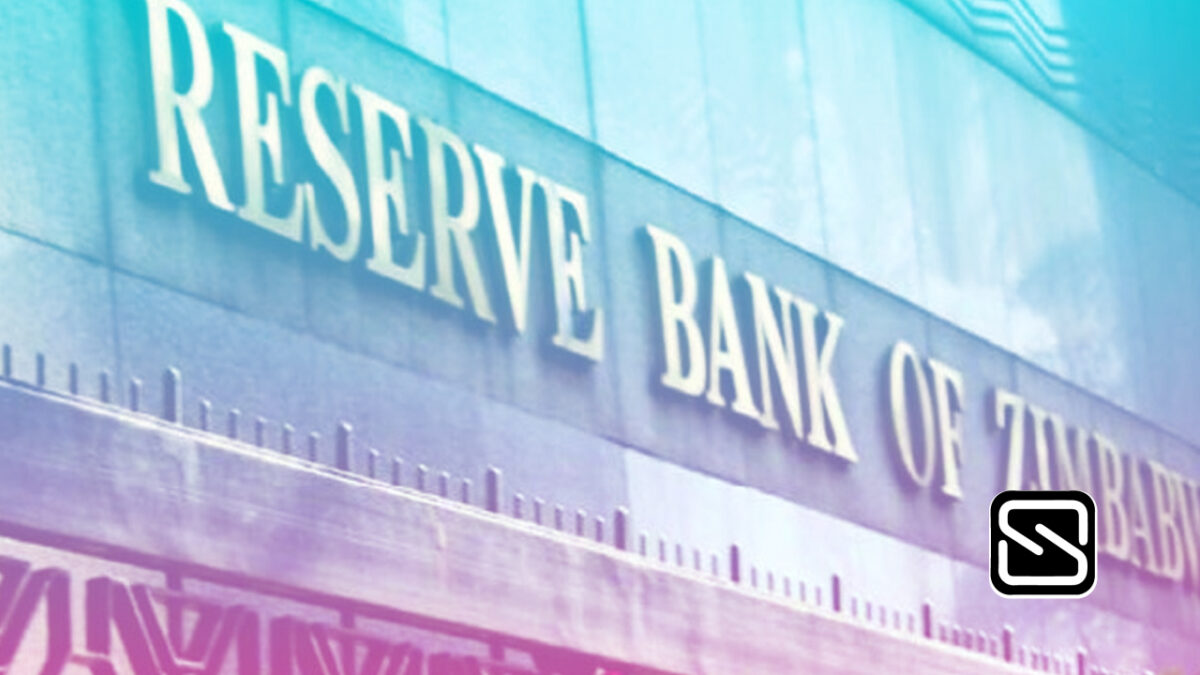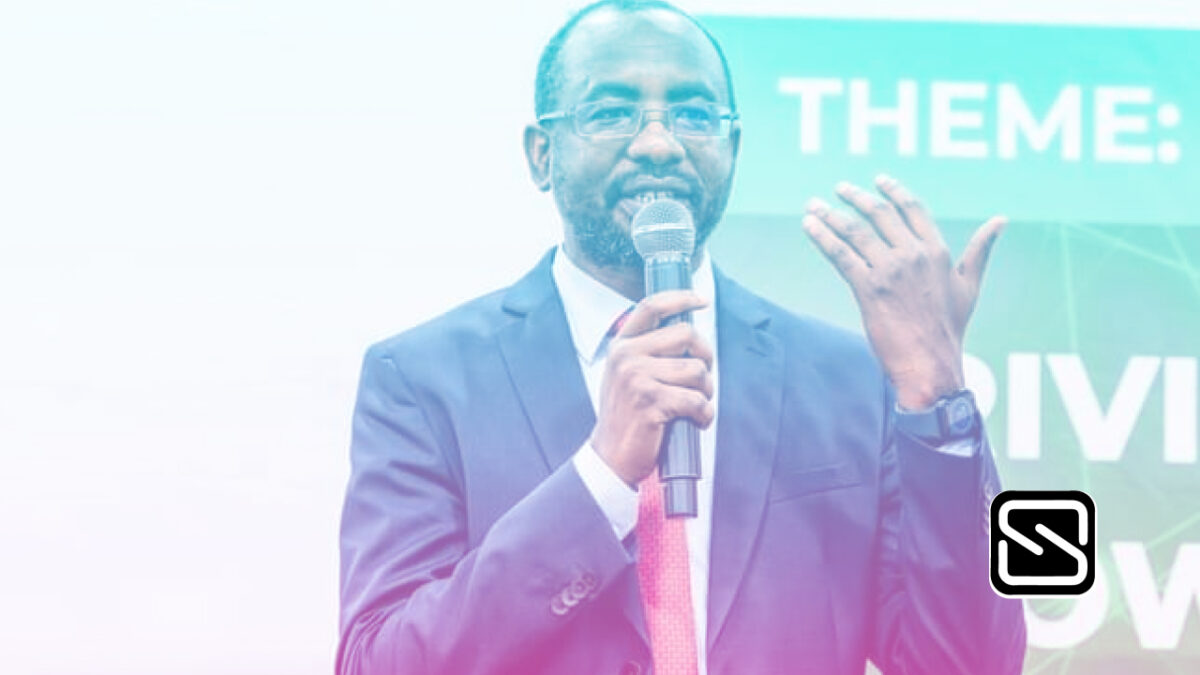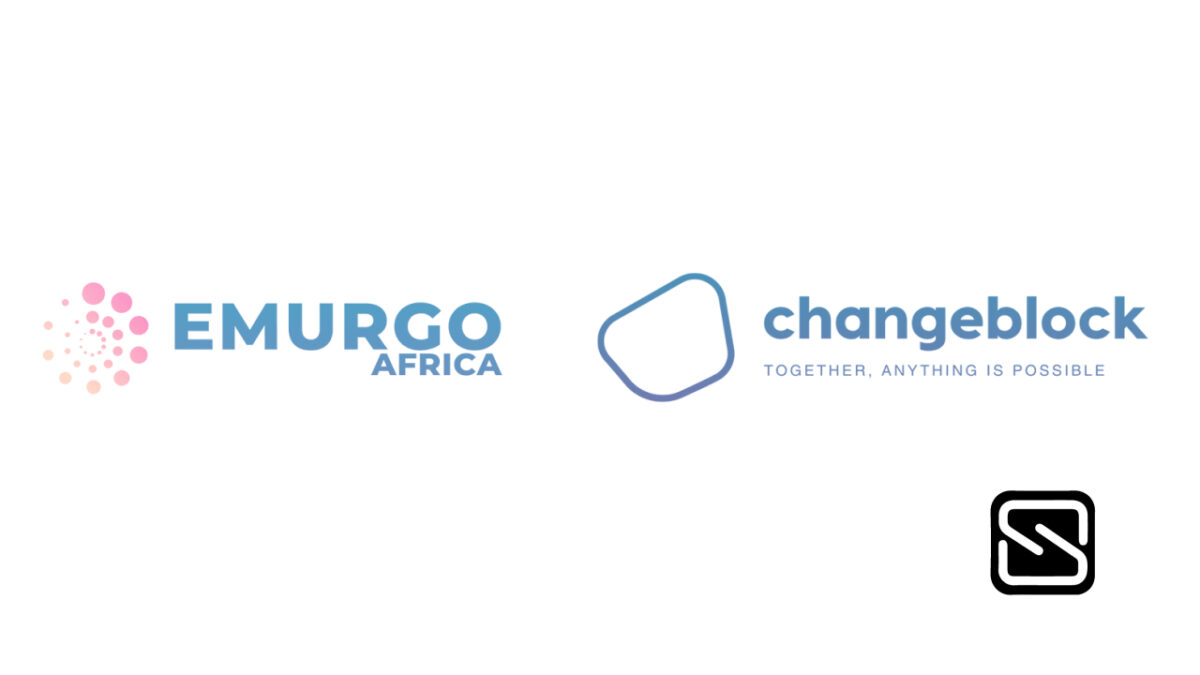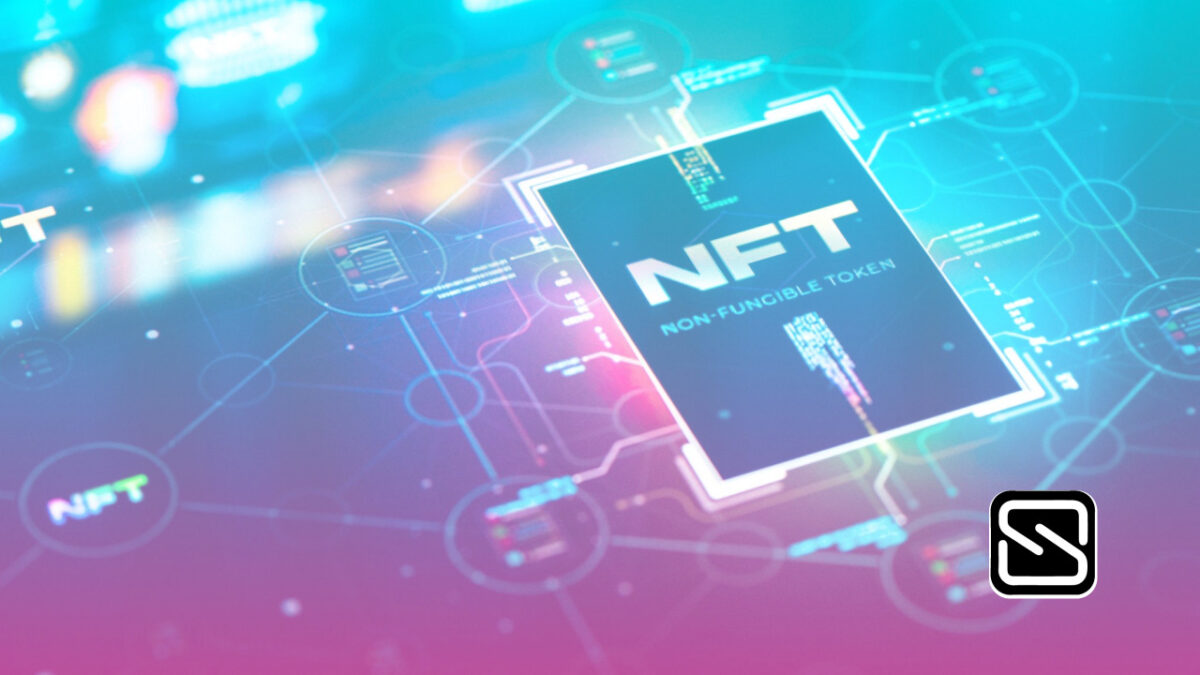The CEO of Mirror Trading International (MTI), Johann Steynberg, has been found guilty in Brazil of using a forged identity document. The judge imposed an aggravated sentence in light of the circumstances. The court proceedings also unveiled information about Steynberg’s lifestyle while in hiding in Brazil, indicating that he had allegedly acquired property under the false identities of two girlfriends.
Despite the gravity of his crime, Steynberg’s original three-year and six-month prison sentence was reduced to a monetary fine to be donated to a court-designated charity. Steynberg’s defense team has filed an appeal, arguing that his culpability is related to a smaller offense that warrants a shorter term. They claim that Steynberg’s conduct is punishable under Brazilian Penal Code Article 307 for assuming a fraudulent identity, although the state accused him under Article 304 of using counterfeit documents.
Simultaneously, the state prosecutor has filed an appeal, requesting a heavier sentence for Steynberg. While it has not been proved, it appears that the founder of South Africa’s greatest pyramid scam is still being held in preventative imprisonment while extradition processes are ongoing.
Attempts to obtain feedback from Steynberg’s associates and law enforcement were futile. MTI, a Bitcoin-based pyramid scheme, began in South Africa and has attracted participants from all around the world. MTI used network marketing strategies to recruit participants into the scheme while promising high profits on Bitcoin deposits.
In April, Acting Judge Alma de Wet of the Western Cape High Court declared MTI to be an illegal pyramid and Ponzi-type scam, cementing its illegal status. Clynton Marks, a 50% shareholder and former head of MTI’s referral program has asked for permission to appeal Alma de Wet’s verdict.
According to individuals familiar with MTI’s demise, over 46,000 bitcoins passed through the scam, valuing it at around R26 billion based on the current Bitcoin price of R565,000. According to liquidators’ records, when MTI failed, it was intended to hold around 22,222.548 bitcoins, which is almost R12.6 billion at current rates.
MTI has already surpassed the previous legendary Krion Ponzi scheme and Travel Ventures International (TVI) as the greatest pyramid or Ponzi scheme in South African history. While the exact worth of Africrypt is unknown, it is thought to be between R200 million and R1 billion. MTI was named the most serious cryptocurrency scam of 2020 by Chainalysis.
Johann Steynberg made his last public appearance before disappearing during a monthly MTI leadership Q&A Zoom call. MTI’s collapse occurred after a trip to Brazil in December 2020, along with complaints about delayed withdrawals. He was apprehended by the Goiás State Military Police team, Giro, in December 2021.
Steynberg allegedly used three false identities upon arriving in Brazil: “John,” Cleisson Veira da Silveira, and Edson Pereira de Almeida. During his arrest, Steynberg presented a false identity document named Cleisson Veira da Silveira, which did not match his appearance. Police also revealed that Steynberg had at least two girlfriends during his time in Brazil, one of whom witnessed him using the Cleisson identity.
Steynberg’s defense contests the events, suggesting unlawful evidence gathering by the police. They note the absence of arrest warrants against Steynberg in South Africa or any other country at the time of his arrest. Steynberg claims he bought fake IDs due to safety concerns in South Africa.
Steynberg’s lavish lifestyle was exposed in court documents, including the use of a helicopter for leisure, real estate transactions, and substantial money transfers using his forged identity. Steynberg’s guilty verdict resulted in a 3-year and six-month prison sentence, alongside a fine calculated from his wages. However, under Brazilian law, sentences under four years for non-violent crimes can be commuted to fines. Thus, Steynberg’s prison term was transformed into a charitable donation equivalent to twenty months’ wages. Despite this commuted sentence, Steynberg remains in custody as his extradition proceedings continue. Attempts to seek comments from various individuals, including Club Swan, yielded no response.









